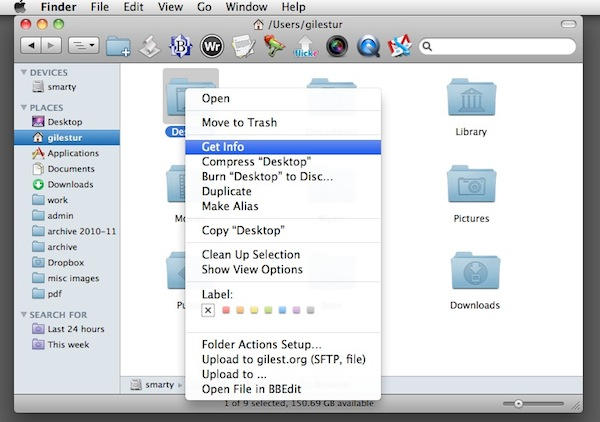Failed to download symfony/polyfill-ctype from dist: The zip extension and unzip command are both missing, skipping. I am on a Mac and had problems making Homebrew work to install php extensions. So, my quick fix was to force composer not to need to use zip by adding the -prefer-source option. This means it downloads the repo instead of a. The gzip command uses the Lempel-Ziv (ZZ77) compression algorithm to reduce the size of files such as documents, images, and audio tracks. After you compress a file using gzip, you'll need to decompress the file. Here's how to decompress a file that was compressed using the gzip command. The ZIP file format reduces the size of files by compressing them, saving disk space, and reducing network transfer times. It also allows you to combine several files into a single one that’s easy to share with others. Here’s how to zip and unzip files on Windows 10. How to Unzip a ZIP File With the unzip Command. To extract the files from a ZIP file, use the unzip command, and provide the name of the ZIP file. Note that you do need to provide the “.zip” extension. Unzip sourcecode.zip. As the files are extracted they are listed to the terminal window. ZIP files don’t carry details of file ownership.
:max_bytes(150000):strip_icc()/linux-gzip-decompress-file-eba594ca584e4ce98d129759121e1326.jpg)
WMIC or Windows Management Interface Command is a simple command line tool used to issue WMI commands. WMI command generally used to query all of the system related information like Computer Name, BIOS Serial Number, Mac Address etc.
WMIC provides two type of usage. Batch usage is the most popular where we can issue WMI commands into MS-DOS or PowerShell like below.
:max_bytes(150000):strip_icc()/PathtocompressasinglefileinFinder-8f0398cb401a46229e9a5c37ff4dcf47.jpg)
WMIC also provides an interactive shell where we can issue wmic options as commands. We can enter VMIC interactive shell just running wmic command like below.

Mac Command Unzip Software
We can use Computer option in order to print the current system manufacturer and model.
Computer name can be printed with the computersystem and name options like below.
Every computer system have a serial number. This serial number is unique to the system. We can print current system serial number with the bios and serialnumber options like below.
wmic command also provides operations about the Network Interface. We can use nic option with different extra options like macaddress ,description.
Mothterboards have some model and model number information. We can print motherboard model with the following command.
We can use wmic command in order to get RAM or Physical Memory Size information with the following command.
We can print currently running applications, programmes and their RAM or Memory usage with the process option like below.
We can use partition option with the name,size and type options to print partitions information and file system type.
We can list currently installed Services on the system. We will use service option with the list and brief options like below.
Currently running process and brief information about the can be listed lie below.
Even we can use wmic to kill the current running process. We will use process option with the where statement and related terminate command. In this example, we will kill the process named chrome.exe which can be listed with the previous command.
After the Windows operating system is started some applications are started automatically. These applications are different from services. They are generally called Startup Applications. We can list these Startup Applications with the wmic like below.
We can redirect any wmic command output into a file. We will use the redirect operator > . In this example, we will write the process list into a file named processes.txt . Keep in mind that we should have write access to the current working directory.
We can use diskdrive option in order to list currently connected disk drives. These drives can be HDD or ISCSI or similar.
We can also print basic operating system information. This will provide following inforation
Mac Command Unzip Rar
- Build Number
- Organization
- Registered USer
- Serial Number
- System Directory
- Version
